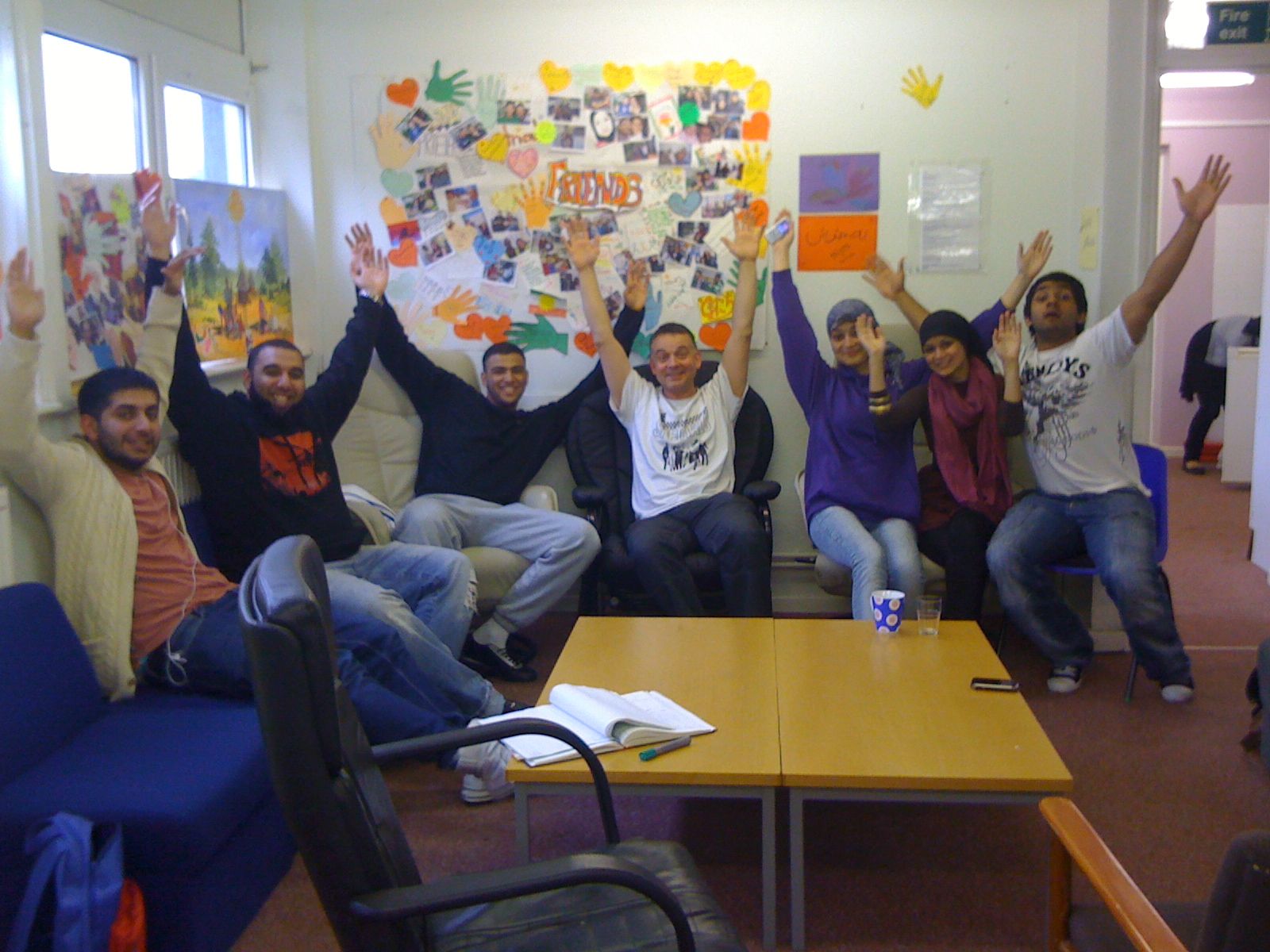 Behavior change campaigning is inherently interactive. In order to encourage positive behavior change it is important to not only push campaign messages out to people, but to listen to the responses. To run a campaign which has a real impact, you need to listen to ensure you’re being heard. This is one of the main reasons why SMS - as a widely accessible and inherently interactive communications channel - is an ideal tool for campaigning.
Behavior change campaigning is inherently interactive. In order to encourage positive behavior change it is important to not only push campaign messages out to people, but to listen to the responses. To run a campaign which has a real impact, you need to listen to ensure you’re being heard. This is one of the main reasons why SMS - as a widely accessible and inherently interactive communications channel - is an ideal tool for campaigning.
This is the topic explored in a new resource which FrontlineSMS is releasing with Text to Change today; best practices when using SMS as a behavior change campaigning tool. This resource has been put together collaboratively to provide an introductory guide, suggesting some key points which can usefully be considered if you are planning to use SMS as a campaign tool. The resource is by no means exhaustive, but it outlines some key considerations which can hopefully serve to help guide discussions around best practices in SMS campaigning.
Mobile phones are now everywhere. As we mention in this resource, global penetration of mobile phones now reaches 87%, with 79% penetration in the economically developing world.[i] There are 5.9 billion mobile-cellular subscriptions worldwide, and the total number of SMS sent globally tripled between 2007 and 2010, from an estimated 1.8 to 6.1 trillion[ii]. It is the ubiquity of mobile that makes it such a useful tool for campaigning.
However, using mobile phones for campaigning is by no means simple. In this resource we cover suggestions on effective context analysis, tailoring SMS content for your campaigns, creating a sustainable change with SMS and measuring impact. Through outlining best practices it becomes clear that the right content, delivered at the right time in the right context, is critical to a successful SMS campaign.
The case study examples within this resource demonstrate how text messages can help encourage people to change behaviors and attitudes toward issues as diverse as HIV/AIDS and reproductive rights. The case study examples come from both Uganda and India. These are completely diverse geographic regions, but in both locations, SMS behavior change campaigning proved to be a success.
FrontlineSMS has worked with Text to Change to create this resource. Both FrontlineSMS and Text to Change use mobile technologies to address a range of vital needs in the non-profit sector. It has been fantastic to work together on collating some advice on how to make the most of mobile technology specifically for campaigning.
The resource will be launched at ‘The world in the palm of your hand: SMS and mobile communications’, an event in London at which both Text to Change Founder, Hajo van Beijma, and FrontlineSMS Founder, Ken Banks will be speaking. Presentations at the event will explore the power of SMS and mobile in the third sector.
Check out the resource itself: Communications for change: How to use text messaging as an effectivebehavior change campaigning tool. We welcome your thoughts and feedback on this resource, and we'd love to hear about your experiences of using SMS as a campaigning tool. Please feel free to connect with us through our community forum or get directly in contact.
Many thanks to Megan Goldshine for her hard work on the graphic design of this resource.
[i] http://www.itu.int/ITU-D/ict/material/FactsFigures2010.pdf
[ii] http://www.itu.int/ITU-D/ict/facts/2011/material/ICTFactsFigures2011.pdf






